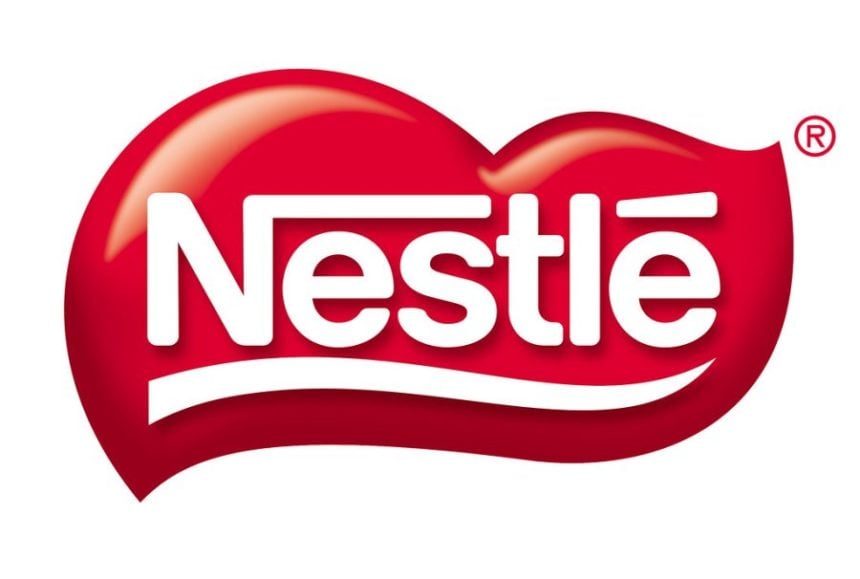Nestle is the world’s largest foodstuff company, with the most recent backlash they are starting to lose business and becoming one of the most hated companies to exist. The companies biggest crimes are child labor, manipulating uneducated mothers, pollution, price fixing and mislabeling, a Nestle is a Swiss multinational food and beverage company, according to the Nestle website their products include baby food, bottled water, breakfast cereals, coffee and tea, confectionery, dairy products, ice cream, frozen food, pet foods, and snacks.
A report by the Fair Labor Association (FLA) , commissioned by Nestle, saw researchers visit 260 farms used by the company in Ivory Coast from September to December 2014. The researchers found 56 workers under the age of 18, of which 27 were under 15. At one farm in the Divo district of the country, the FLA found evidence of forced labor, with a young worker not receiving any salary for a year’s work at a farm.
In the 1970s, declining rates of breastfeeding led a number of organizations to raise concerns about the marketing practices of breast milk substitute manufacturers which made Nestle aggressively push their breastfeeding formula in less economically developed countries, specifically targeting the poor.
In Canada, the Competition Bureau raided the offices of Nestle Canada in an investigation on price fixing. Nestle (and the other companies involved) were subject to class-action lawsuits and ultimately settled for $9 million, without actually admitting liability. In the US, another, larger trial was rejected, because even though it was plausible that the same thing happened in the US, there was no clear evidence of foul play.
Also in Canada, in the town of Grand River, located on the Six Nations Reservation there is a lack of access to water, while Nestle extracts millions of liters of water everyday from the Erwin Well that otherwise serves as a reliable source of freshwater to the Six Nations Reservation. Residents of the reservation have begun to report that their water now is dirty and carries a foul smell.
August of 2020 thousands of dead fish were reported in the Aisne river close to a Nestle factory. The deaths were due to a decrease in oxygen levels in the water. While the origins of the pollution were still being determined, Nestle confirmed that there had been “occasional and involuntary overflow of biological sludge effluent, without the presence of chemicals” from its wastewater treatment plant that evening.
Nestle has shown many times that they have very few ethics and not many responsibilities. They have gone the extra mile to make a profit – even if it meant hurting their customers and workers.
This article originally appeared in The Surveyor.


